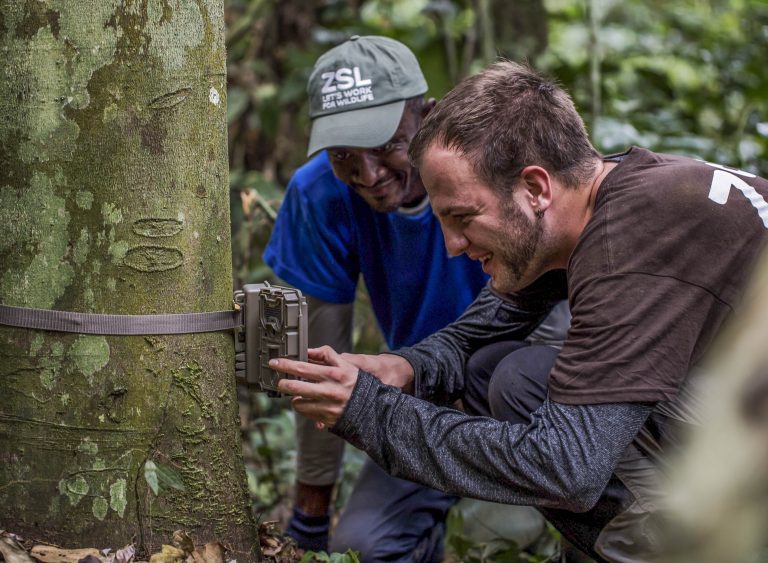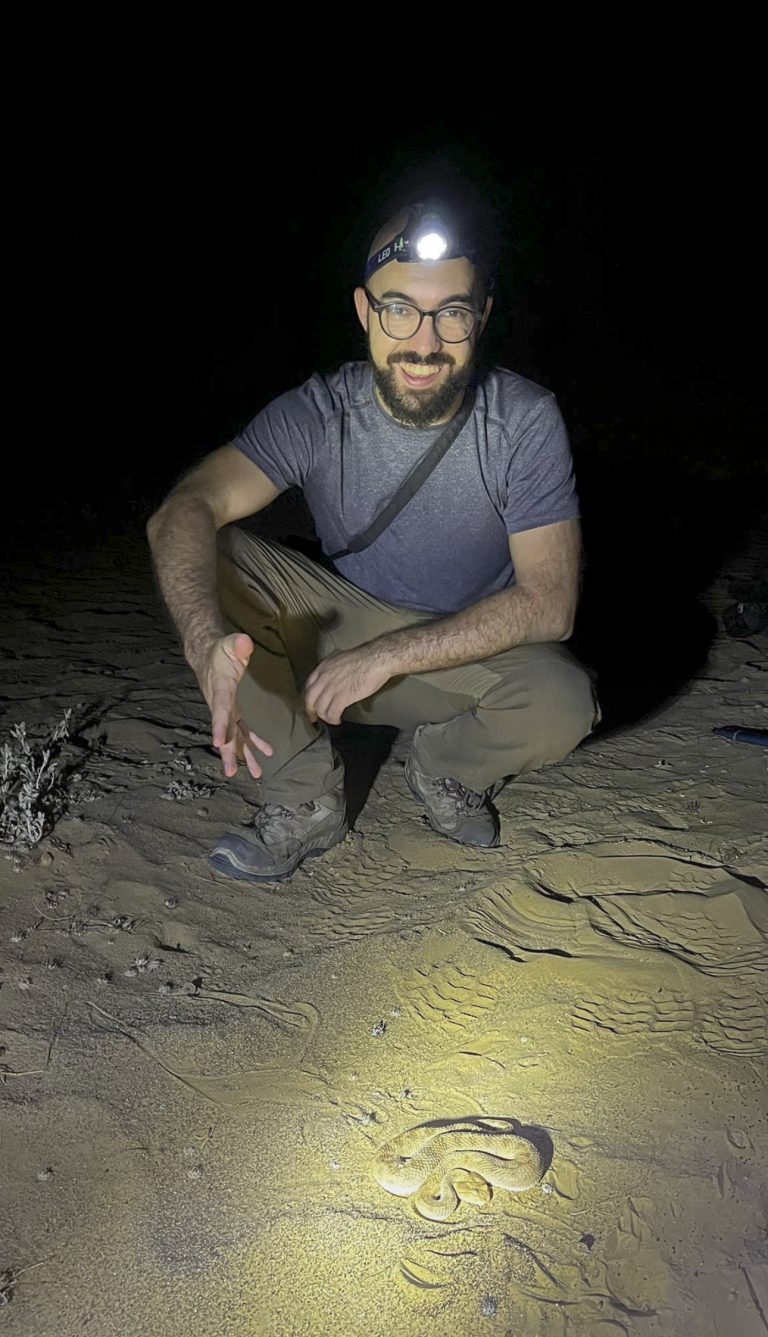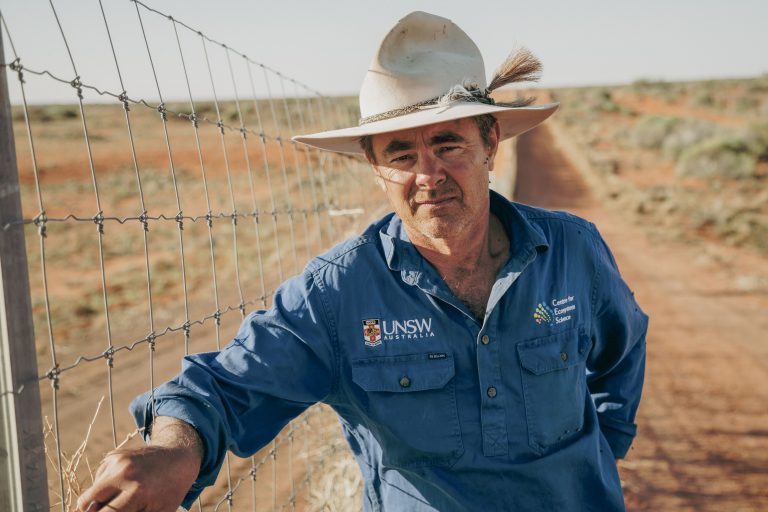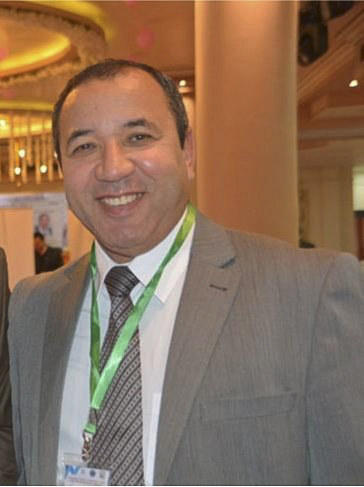
Thomas Bruce
University of Oxford, UK

Dr. Tom Bruce is a quantitative wildlife ecologist studying species’ responses to environmental change. His research focuses on quantifying population changes over time, across disturbance gradients, and species interactions. Before his PhD, he worked with the Zoological Society of London, monitoring mammal communities with a focus on forest antelopes, forest elephants and great apes in Cameroon. He completed his PhD at James Cook University, Australia, in 2022, where he revealed the widespread but highly cryptic extent of feral cats penetrating Australia’s rainforests.
In 2022, Tom became the lead postdoctoral researcher helping to establish the Wildlife Observatory of Australia (WildObs), a national camera trap network at the University of Queensland. He joined the Biodiversity & Sustainability Research Group in 2024, now focusing on restoring native wildlife communities and employing evidence-based methods to enhance interventions, reintroduction outcomes, and the restructuring of natural communities and ecosystems in Saudi Arabia.
Gabriel Mochales-Riaño
New York University Abu Dhabi

Gabriel Mochales-Riaño is currently a postdoctoral researcher in the group of Stéphane Boissinot at New York University Abu Dhabi, working on adaptation to aridity through genomics across several reptile clades.
He completed his PhD at the Institute of Evolutionary Biology (CSIC-UPF) with a primary focus on the genus Cerastes, integrating knowledge acquired during two previous master’s degrees — one in Herpetology (VUB) and the other in Bioinformatics (UOC).
His research interests lie in evolutionary genomics, particularly in exploring the links between genotypic and phenotypic variation, mainly (but not exclusively) in reptiles.
Mike Letnic
University of New South Wales, Australia

Professor Mike Letnic is an applied ecologist and conservation biologist who has studied Australia’s arid ecosystems from more than 25 years. His primary research goal is to tackle the grand challenge of biodiversity conservation in a world with an ever-expanding human footprint. Mike’s research aims to bridge the gap between theoretical research and management and translate research findings into improved on-ground outcomes for the conservation of fauna, flora and wild landscapes.
Magdy El-Bana
Red Sea Zone, Saudi Arabia

Prof. El-Bana is currently the director of terrestrial ecosystem monitoring & enhancement at Red Sea Global. He worked as an expert at wildlife & natural heritage at the Royal Commission for Al Ula and at the Intergovernmental Science-Policy Platform on Biodiversity and Ecosystem Services (IPBES), United Nations. He was a Dean and Vice-Dean at Faculty of Science, Port Said University, Egypt where he has his permanent position as a professor of applied plant ecology and biodiversity.
He obtained his MSc from Ghent University (Belgium) with Great Distinction and his PhD from Antwerp University (Belgium). He attended several training and workshops on environmental monitoring and assessment in Munich (Germany), Toledo, Canary Islands, Zaragoza (Spain), Montpellier (France), Auckland (New Zeeland), Darwin (Australia) and Muscat (Oman).
Prof. El-Bana is a Dryland Ecologist with 30 years of experience in assessing the diversity, structure, function and restoration of coastal and inland ecosystems across the globe (Middle East, China and Mexico) as well as in assessing the impacts of climate change and human activities such as aridity, recreation, livestock grazing on these ecosystems processes and function.
He has an ample regional and international experience through involving and cooperating with ecology research groups from The Royal Botanic Garden Edinburgh, Saudi Arabia, Australia, Belgium, Portugal, China, France, Malaysia and Egypt.